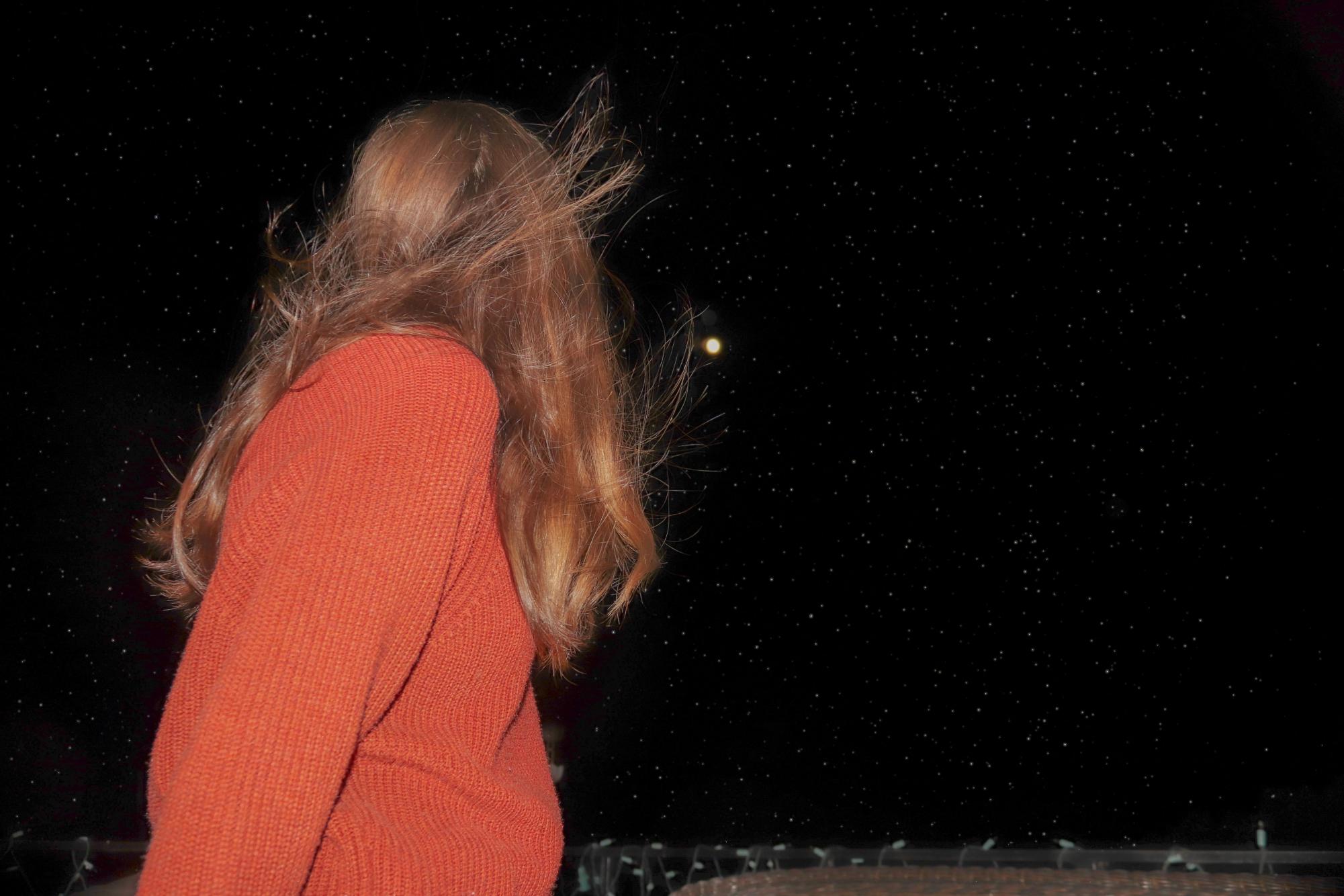
Humanity is slowly inching its way toward commercializing travel in outer space, the final frontier.
There are many companies currently working on achieving such a task, including SpaceX.
SpaceX is a private American aerospace company founded by Elon Musk. It focuses on manufacturing spacecraft, providing launch services, defense contracts, and satellite communication.
Sept. 2021 marked the date SpaceX sent four civilians to space.
Organizations like SpaceX have made it their goal to make space more accessible to the average person, including finding ways to allow humans to live on Mars.
Space travel seems both futuristic and appealing, but there are more dangers in space than some people seem to consider.
Astronauts have to go through extensive training before going into space, and even that can get dangerous.
“Training for a spaceflight requires some physical effort and stress. Typically, we will practice for emergencies in simulators while wearing a bulky spacesuit, practice water survival and parachuting, and maybe even scuba diving,” said Dr. Thomas Marshburn, a retired astronaut, and physician.
In addition to physical dangers, an astronaut must also deal with psychological dangers. While in training, astronauts must be away from their families to prepare for when they are actually in space, according to Marshburn.
Training for a spaceflight requires some physical effort and stress. Typically, we will practice for emergencies in simulators while wearing a bulky spacesuit, practice water survival and parachuting, and maybe even scuba diving.
— Dr. Thomas Marshburn
This preparation is only just before an astronaut enters space.
Astronauts are professionally trained and perform extraneous work to prepare for space missions, according to Marshburn.
Space travel is similar to learning how to drive a car. A driver must be focused on the road at all times and must be aware of their condition to avoid causing an accident that will endanger both themself and the people around them.
An astronaut must also be physically healthy and able to perform exercises in space.
“Our muscles and bones will waste away, or atrophy, if we don’t stress them. So that means lots of heavy exercise, which astronauts on long-duration flights of a month or more have to perform for more than 2 hours everyday,” Marshburn said.
In addition to the need to stay physically active, it is also important that the issues that occur in space are fixed.
“We’re far from any hospitals, so any medical problem that comes up has to be taken care of using the spaceship’s medical kit. If it can’t be fixed in space, then we have to consider bringing the astronaut home back to Earth,” Marshburn said.
Because of the limited amount of resources available in terms of health, some people don’t think the risk is worth taking.
Space is a foreign concept to the average person, but people like Mai Haller and Ruth Casab, the co-presidents of the astronomy club at Carlmont, are passionate about learning more about space.
Not only is space so unknown, but the monetary costs of sending people there on a commercial basis make people think that it is not worth it.
“From an economical perspective, I don’t believe that it’s really wise to send civilians to space. I believe that we should first address matters here on Earth, before we go and expand our limits,” Casab said.
The Virgin Galactic is an American Spaceflight Company founded by Richard Branson. As of 2021, the price for a spaceflight ticket was $450,000.
Aside from the monetary costs of spaceflight, people have other concerns.
“I’ve seen a lot of people say that we need to explore the oceans more than we need to explore space because the oceans directly affect us,” Casab said.
The environmental concerns that space travel causes are also bound to cause dangers to humans as well.
“We’re already littering in space. It would also be harder to send rockets and missiles into space just because of the dangers of space debris hitting it,” Haller said. “The ISS (International Space Station) has to maneuver around the space debris, which risks their own safety as well.”
I think NASA and other astronomy organizations value life a lot and they wouldn’t risk something like that unless they were 100% sure that their astronauts or individuals are able to get out of it alive.
— Ruth Casab
However, most people are also aware of the training and extensive research that organizations perform to ready individuals for space.
“I think NASA and other astronomy organizations value life a lot and they wouldn’t risk something like that unless they were 100% sure that their astronauts or individuals are able to get out of it alive,” Casab said.
Space is vast; even a person who seems to know a lot about space to one person might not know much at all.
“There’s so little that I currently know about space. I guess from another person’s perspective I know a decent amount, but it’s still so little,” Haller said.
Some people realize that while they may think they know a lot about space, the extent of how far it goes, in reality, proves that they don’t really know much.
“I remember seeing an image of Deep Space photographed by the Hubble telescope. It made me realize how vast and how big space is, and how, in proportion, we are pretty insignificant in the grand scheme of things,” Casab said.
As unknown as these foreign concepts may be, people are working to learn more about them, both organizations and private citizens alike.
“We have the basic concepts of black holes down, and only recently it was photographed, but there’s still so much information missing,” Haller said. “Same with the concepts of life on other planets. So many things are just so broad right now, and I would love to know them a bit more.”
However, while some people want to learn about space, they are wary of actually traveling there. As exciting as space travel may sound, the reality of it scares many people.
In theory, I would love to go to space, but in literal terms, I value living and I don’t want to die.
— Mai Haller
“In theory, I would love to go to space, but in literal terms, I value living and I don’t want to die,” Haller said.
The phenomenons in space are equally as fascinating as they are dangerous.
“There’s this current theory that if you fall into a black hole, you see both the start and the end of the Universe at the same time,” Haller mentioned. “Experiencing that personally would be so cool, but then I thought that would be a literal once-in-a-lifetime experience.”
In contrast, if there was a way to truly verify safety when going to space, people like Haller would love to take the chance to see a whole new perspective on their world.
“However, being able to go to different planets and different stars would be an insanely incredible experience. So theoretically, I would absolutely love to be able to explore all that,” Haller said.


